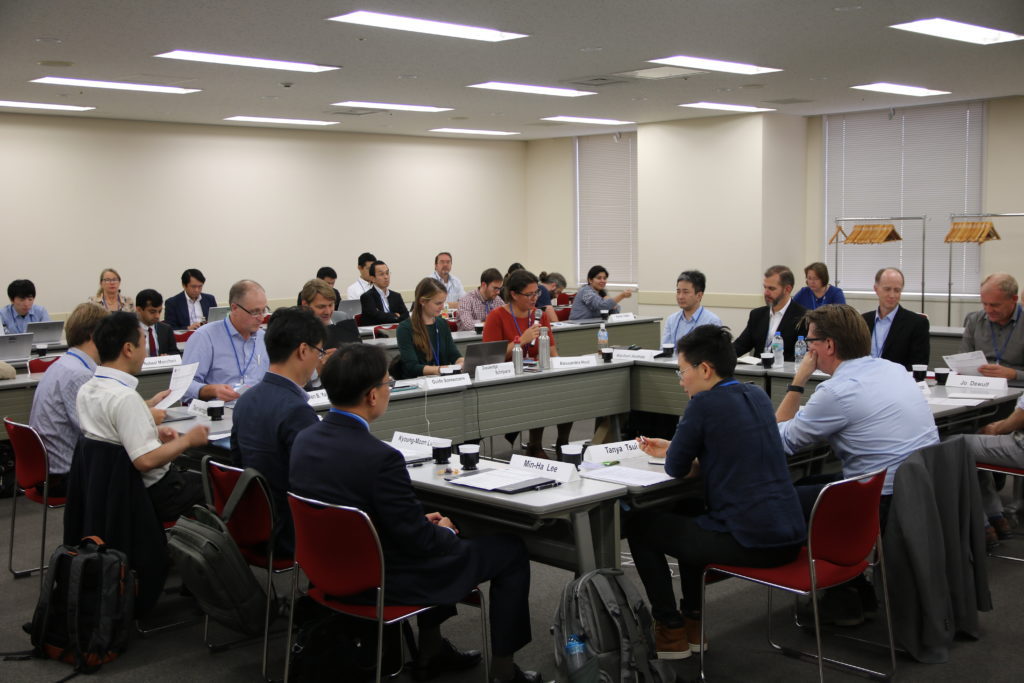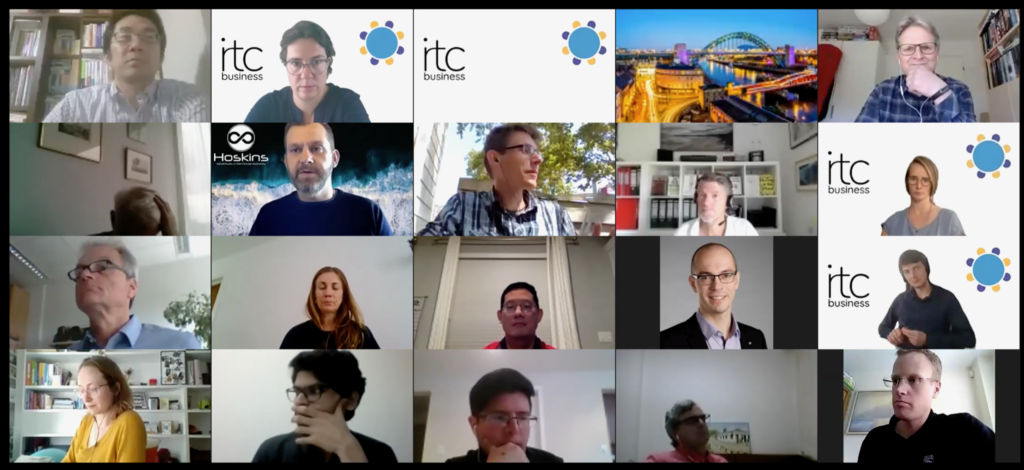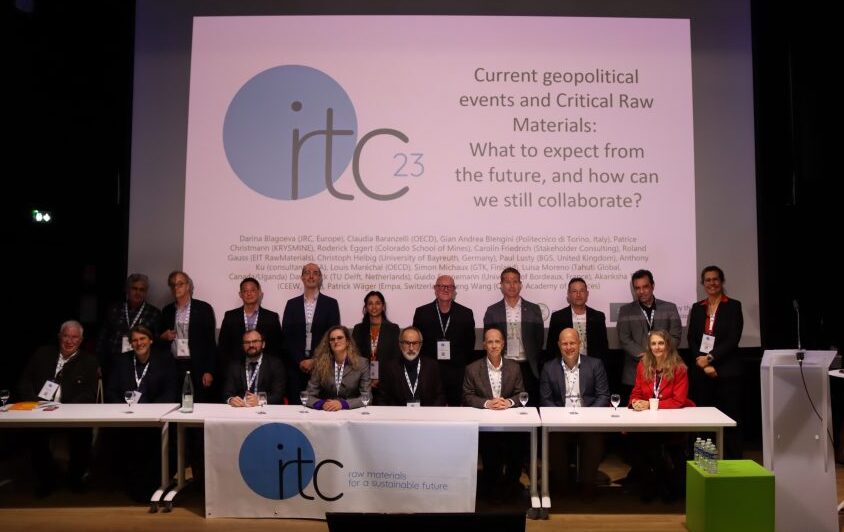Resource availability and its implications for various societal, economic, and ecologic issues is a crucial aspect of today’s economy. However, the relevance of material criticality for the key technologies – amongst them for clean energy production, which will be crucial for the future of society – is still obscured by the diversity and, frequently, the immaturity of the evolving methodologies. The EIT Raw Materials project “International Round Table on Materials Criticality”, IRTC, has therefore been fostering an exchange of knowledge on materials criticality from different regional and methodological perspectives. The project has been joining existing platforms that offer the opportunity for information exchange related to the various aspects of materials criticality; e.g. on Life Cycle Assessment, Industrial Ecology, and Sustainable Development.
The IRTC project is, since its beginning in 2018, coordinated by ESM Foundation, supported by EIT RawMaterials, and advised by a broad network of experts. It is currently in its third phase:
- First phase: IRTC, 2018-2020, focusing on criticality assessment methodologies
- Second phase: IRTC-Business, 2020-2022, focusing on investigating and supporting industry approaches to supply chain risks and mitigation
- Third and current phase: IRTC-Training, conducting an annual international conference to allow for a broader and more inclusive debate on criticality, and establishing certified trainings on the topic.

Within the IRTC project, various Round Tables were organized in Canada, Japan, China and the US with themes such as “How methodology determines what is critical”, “Criticality and the circular economy”, “How industry manages criticality”, and “Secondary sourcing of critical raw materials”. These Round Tables were explorative by nature and focused on the identification of key differences among perspectives, methodologies, stakeholders, and practices. The outcomes of the Round Tables were presented in the form of scientific publications co-authored by the consortium members.
The second phase of the project ran from 2020 to 2022 under the name “IRTC-Business”. The project was using the outcomes and knowledge generated in the IRTC project to leverage the discussion onto another level. Where IRTC had been looking back on existing practices related to resource criticality, IRTC-Business integrated the lessons learned into concrete recommendations for the application of criticality assessments by companies. These recommendations will encompass the development and application of a stakeholder-specific criticality methodology and the identification of mitigation measures. A web-based decision tool developed by the project supports these actions.

The IRTC project is currently in the third phase, building an international conference and trainings that should sustain in the future. We are especially looking for integrating stakeholders that are less integrated in the debate so far, ranging from junior researchers to stakeholders affected by CRM mining. We look forward to your participation!

